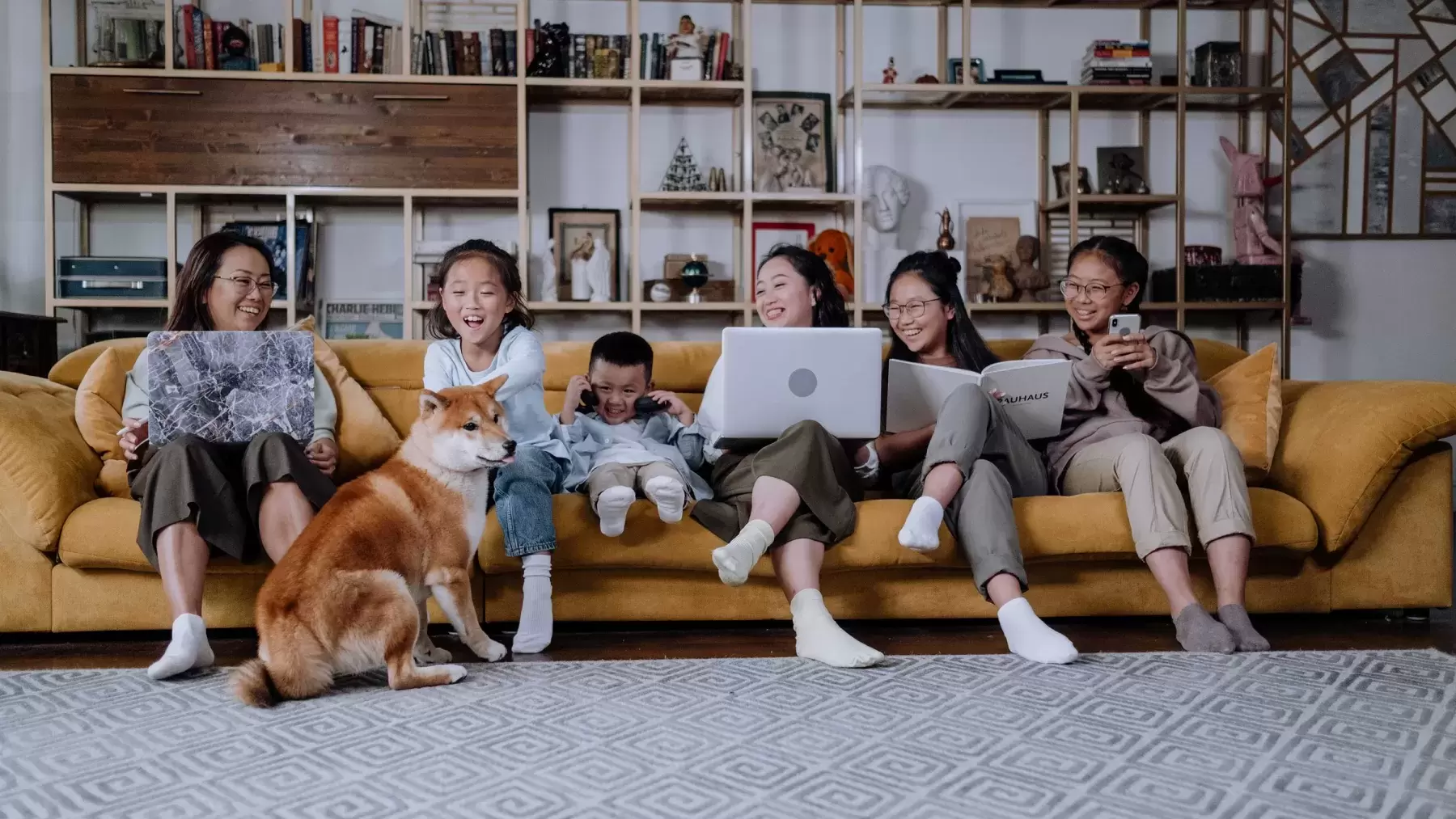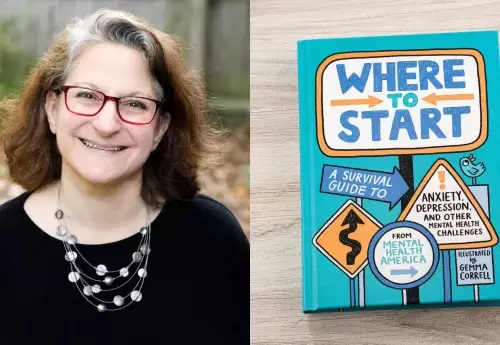
Mental health is an important aspect of our overall well-being, yet it is often overlooked in South Asian communities. There is a silent mental health crisis in these communities due to a taboo around having conversations about mental health, which is frequently dismissed as not being a real issue. Mental health issues can be seen as a sign of weakness or bringing shame to the family, and oftentimes religion is seen as a solution to cure mental health.
In addition to the taboo and stigma surrounding mental health in these communities, the pressure to maintain a facade of strength and success further contributes to the silent crisis. There is a prevailing idea to uphold traditional gender roles and fulfill societal expectations, leading individuals to suppress their emotions and suffer in silence. This cultural norm places immense pressure on individuals to conform to rigid standards of achievement, resulting in feelings of inadequacy, stress, and anxiety.
The reliance on religion as the sole solution to mental health concerns can further perpetuate the silence surrounding these issues. While faith and spirituality can provide comfort and support, exclusively attributing mental health challenges to spiritual shortcomings can hinder individuals from seeking professional help and receiving appropriate treatment.
It’s important to recognize that this silent mental health crisis not only affects individuals but also has broader implications for the overall well-being of these communities. In honor of this year's BIPOC Mental Health Month, we recognize the significance of culture, community, and connection in the context of South Asian mental health. South Asian communities have shown remarkable resilience, drawing strength from their collective spirit and cultural heritage. By fostering culture, community, and connection, and reaching out for help, South Asian individuals can not only heal themselves but also contribute to the healing and resilience of their communities. This emphasis on connection is a powerful tool in navigating the unique mental health challenges faced by South Asian communities.
In order to set the foundation for change, there are a few important steps that individuals and communities can take to overcome these issues and prioritize mental health and make a real difference.
1. Break the taboo around mental health – or at least begin the conversation.
The taboo around mental health can prevent individuals from seeking help when they need it most. Therefore, it is important to create a safe space where individuals can talk openly about their mental health concerns without fear of judgment or stigma. Don’t use confusing clinical language since South Asians can be more comfortable with words such as “stress, anxiety, or weakness” over medical terms like “major depression” and “psychosis.”
2. Educate individuals about mental health.
Many South Asians may not understand the signs and symptoms of mental illness or not know how to seek help. By educating individuals about mental health, we can empower them to recognize when they or their loved ones may need support and seek help when necessary. Find resources in the Mental Health America BIPOC Mental Health Month toolkit.
3. Increase access to mental health resources.
In many South Asian communities, there may be a lack of access to mental health resources, or individuals may not know where to go when needing help. Therefore, it is important to provide culturally appropriate mental health services that are accessible and affordable to all individuals, regardless of their background or financial situation. It’s also important to convey information in languages that will reach all audiences.
4. Involve the community in mental health initiatives.
Communities can come together to create support groups or organize events to raise awareness about mental health. This can help break down the stigma surrounding mental health and encourage individuals to seek help when they need it.
It is important to recognize that mental health is just as important as physical health, and it is crucial that individuals prioritize their mental well-being. By normalizing mental health, educating individuals, increasing access to mental health resources, and involving the community in mental health initiatives, we can work towards overcoming the silent mental health crisis in South Asian communities. We must prioritize mental health and create a culture that values and supports it.
Nishat Uddin, MPH, is the founder of Brown Girls Health.




